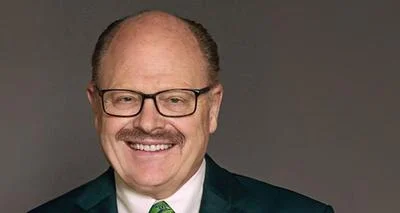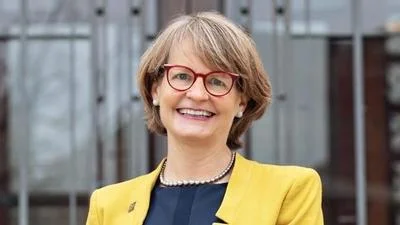Santa J. Ono, Ph.D. President at University of Michigan - Ann Arbor | LinkedIn
Santa J. Ono, Ph.D. President at University of Michigan - Ann Arbor | LinkedIn
As the world evaluates the impact of Pope Francis, the first Latin American pope, his influence on key issues such as migration, economic justice, and church unity remains significant amid increasing political divides. Silvia Pedraza, a professor of sociology and American culture at the University of Michigan, reflects on Pope Francis’s leadership, noting how he addressed anti-immigrant sentiment and redefined the church’s role on the global stage, impacting expectations concerning social justice and migrant rights.
Pedraza remarked on how his papacy resonated with Latin American Catholics, emphasizing, "I do believe everyone in Latin America and the Global South really liked Pope Francis’ concern for the poor, the immigrant, the marginalized." While some conservative Catholics found his focus controversial, she noted, "Even they appreciated his humility, his simplicity, his regard for those at the margins of society."
During his 2015 address to Congress in Washington, D.C., Pope Francis acknowledged immigrant heritage by highlighting the contributions of historical American figures like Abraham Lincoln and Martin Luther King. Pedraza recalled the moment, stating, "He reminded all the people in Congress that they all came from immigrant families."
Pope Francis’s opposition to unfettered capitalism and his comments regarding Trump’s border policies also influenced Vatican politics. "He is the first Latin American pope, the first Jesuit, the first not ultra-conservative," Pedraza added, although she noted his lack of understanding of communist countries, a contrast to Pope John Paul II’s experience with Poland's transition from communism.
Looking ahead, Pedraza wondered whether the next pope would be from the Global South or revert to a European, traditionally conservative figure, given the church’s growing importance in the Global South compared to the Global North.
Pope Francis’s stance on capitalism and social issues starkly diverged from that of his predecessor, Benedict XVI. Pedraza explained, "No doubt Pope Francis thought 'unfettered capitalism' was a problem." His emphasis on issues like human trafficking was underscored by his call for empathy toward both victims and perpetrators, demonstrating his profound humanitarian outlook.






 Alerts Sign-up
Alerts Sign-up